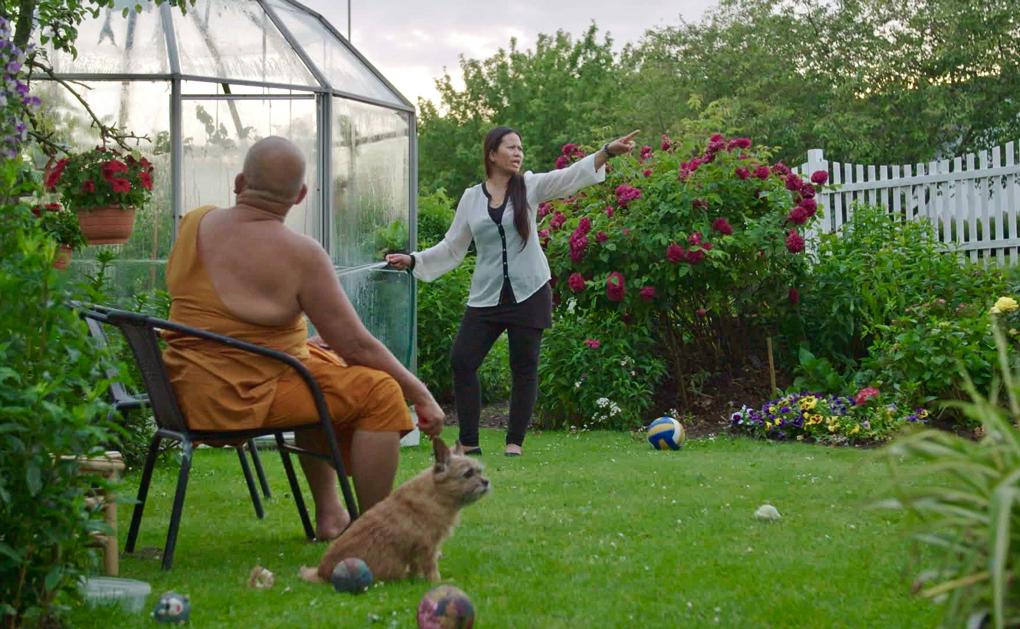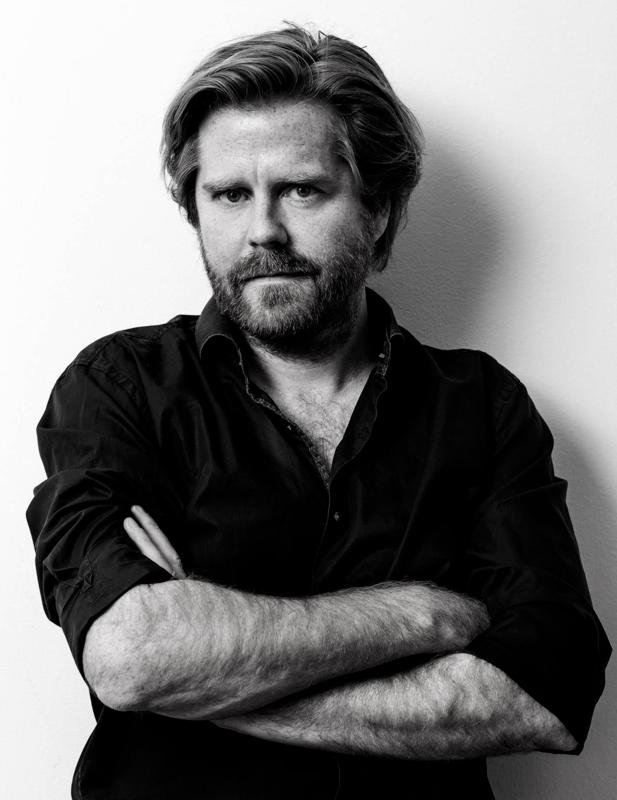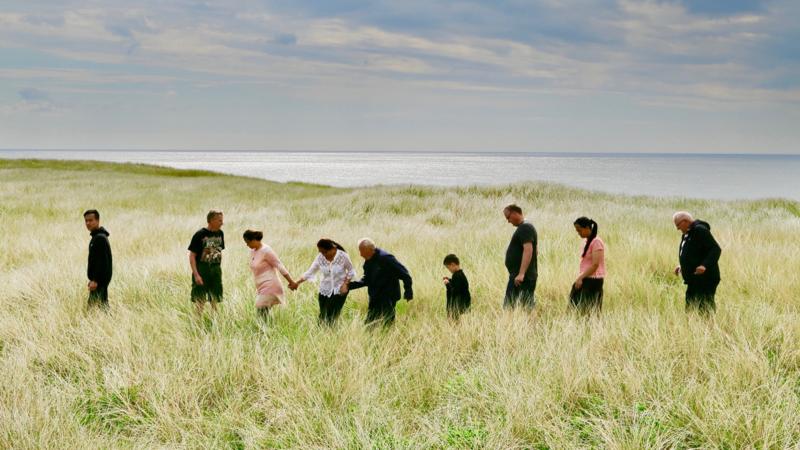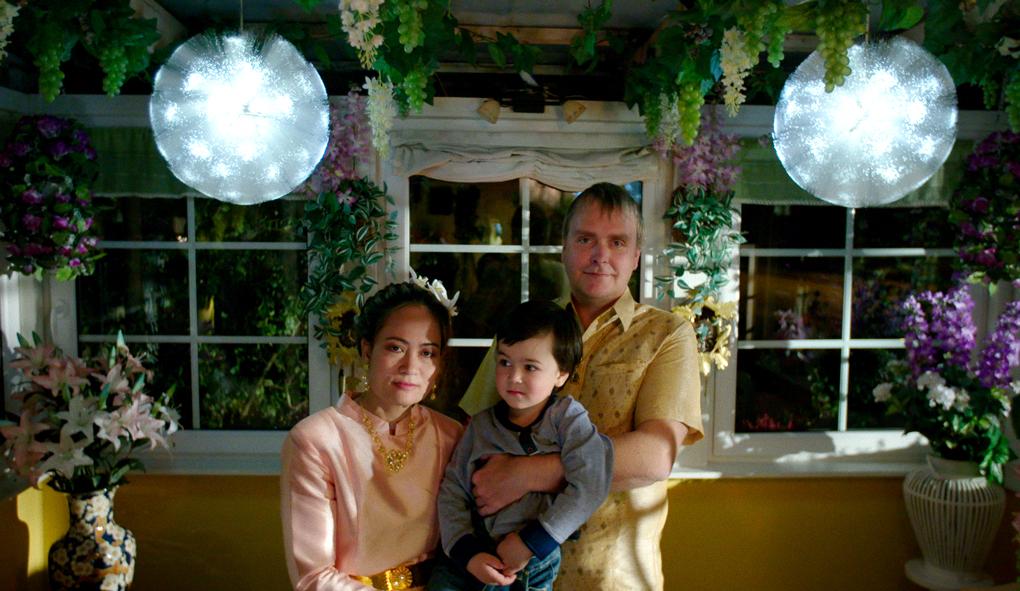
25 years ago, Sommai, then a sex worker in Pattaya, married a Danish man called Niels and moved with him to the small town of Thy in Denmark's Northern Jutland. Since then, Sommai has helped several women from her village in Thailand find Danish husbands.
Director Janus Metz and anthropologist and director Sine Plambech first introduced us to Sommai, Niels and their family and friends in their acclaimed documentaries from 2008, 'Love on Delivery' and 'Ticket to Paradise.'
The first film chronicles the search for a Danish husband for Sommai's niece, Kae, who ends up marrying a local factory worker, Kjeld. The follow-up also explores the phenomenon from the perspective of the Thai women who do not manage to migrate to Europe. We meet Saeng, a young woman back in Sommai's village, who dreams about marrying a Dane, but ends up working in the sex industry in Pattaya.
Seven years later, Metz and Plambech picked up the camera again to explore the consequences of the choices the characters made in the first films. Spanning ten years, 'Heartbound' is an epic tale of globalisation through the intimate lens of marriage migration and of the connection between two remote areas exchanging money and emotions across the globe.
A piece of Danish migration history
"We wanted to tell an expansive migration story from beginning to end; a long-term study of these families, where the children are the final component. It's up to the children to complete their mothers' work, because their success, in the eyes of the family, is measured by whether their children are lifted out of the situation they were in before their mothers migrated," says Janus Metz.
He sees the continuation of the story of the Thai-Danish families as an opportunity to document a piece of Danish immigration history.
"Imagine if someone had filmed the first Turkish guest workers who came to Denmark in the 1960s and continued to follow them. It would have been an amazing document of a new group of Danes: how immigrant communities evolve over time, how parallel communities arise, and which emotional relations enable and complicates integration. That's also what this story is about.
"We've had a unique opportunity, because we've been there from the beginning, and because our subjects have been so generous allowing us to enter a very intimate space. With Sine's initial work as an anthropologist and our persistence and dedication to these people, they now play an important part in our family."

Looking back at your choices
Sine Plambech has researched and documented women's migration for fifteen years and had already done three years of field studies in Thai women communities before she started collaborating with Metz on the first documentary. Following up in 'Heartbound,' she was particularly interested in exploring the women's sense of belonging over time. In the film, we see Sommai torn between a desire to return to Thailand and wanting to stay with Niels.
"When you've become older like Sommai, a question arises of where you want to die. As a migrant, where do you belong at the end of the day? That's a relevant question for many people in our era of migration," she says.
"Following people over time, death becomes a theme," adds Metz. "When you can see the end nearing, you think about your life choices, what you achieved and whether it was worth it. That's true whether you're a Thai woman struggling to get yourself and your family out of poverty, or a lonely Danish man reaching retirement and seeing his life fading away if he doesn't actively pursue a new relationship. To me, the film is a universal story about our need for care and will to provide."
Both filmmakers are more interested in the overarching existential issues and migration aspects than the specific story about the conditions for love between a Thai woman and a Danish man – which incidentally is what most people watching the film want to discuss.
"It's not that we don't want to talk about love," says Plambech. "It's just that the discussion around migration marriages often gets reduced to a very simple question: Is it love, or is it not love? It's an intriguing question, but it contains an implicit judgement over these marriages as representing a 'wrong' kind of love. And I don't believe in passing judgement over what other people choose to do with their lives."
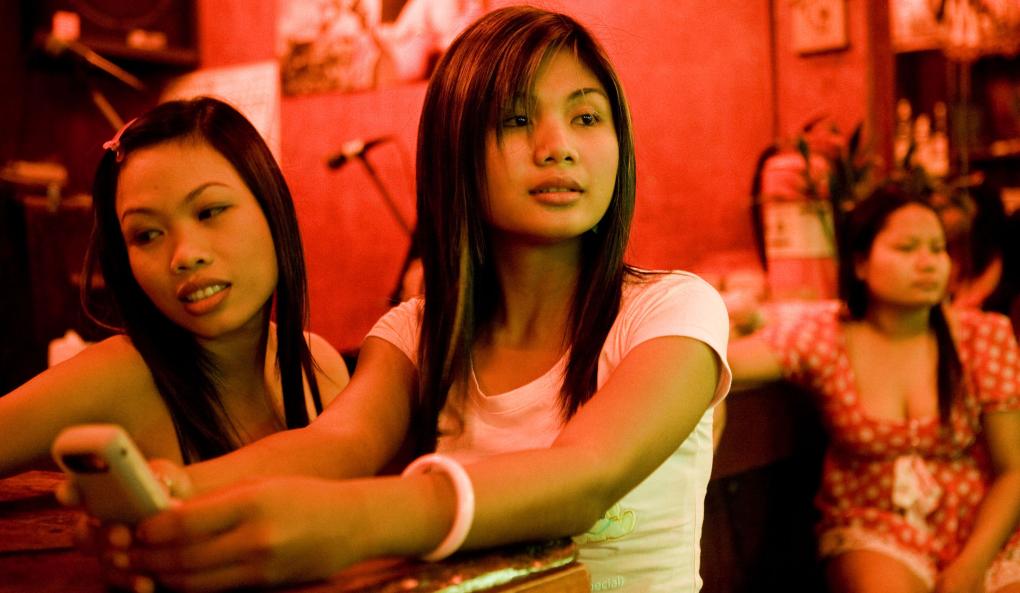
Collective versus individual needs
The film is not only about the relationship between man and woman. Central for the story is the women's love for their children. For most women, the main motivation for migrating is being able to send money back to their families or bringing their children to Denmark where they will have more opportunities.
"Broadly speaking, the film portrays the difference between choices and needs in the first world versus the third world. For the women, self-realisation comes second. They strive to fulfill a collective need in providing for their families, while the men pursue individual needs of love and care. The relationships that work are the ones with a mutual respect and understanding of these differences," says Metz.
Marrying a Dane is an attractive choice for the women in the film. Many of them have had disappointing marriages to Thai men and experience Danish men as more respectful. And they don't just marry anyone – they maintain an agency in whom they choose. That being said, moving to a different culture and marrying a stranger is not unproblematic.
"It's evident from the film that marriage migration isn't just win-win, and sex work isn't just any kind of job," says Plambech.
"The women possess a pragmatism that makes them capable of overcoming the physical aspect of sex work and the challenges they face either in Pattaya or as migrants in Europe. But as Sommai says, you still have all the emotions in your heart. There are a lot of difficult choices and suppressed emotions. Not just in terms of marrying someone they don't know, but especially in the decision to move away from their children. In my experience, that's their greatest pain."
The article was originally published for Toronto Film Festival. Revised 7 November 2018.
